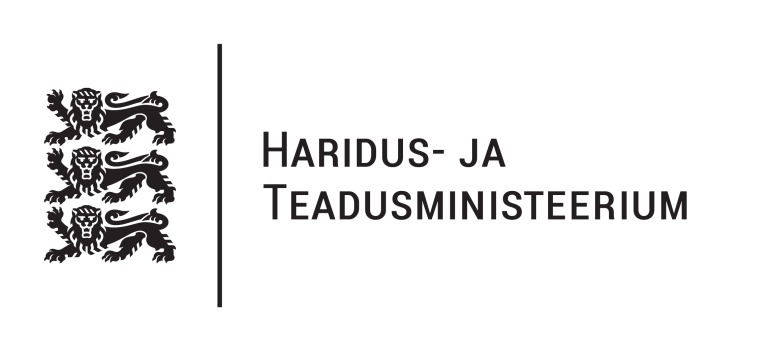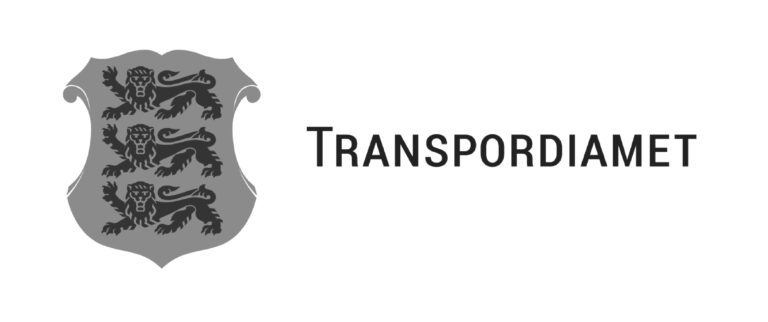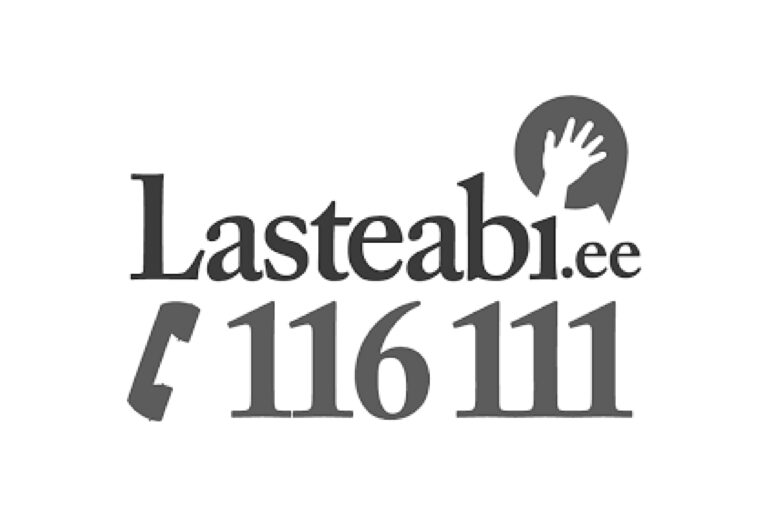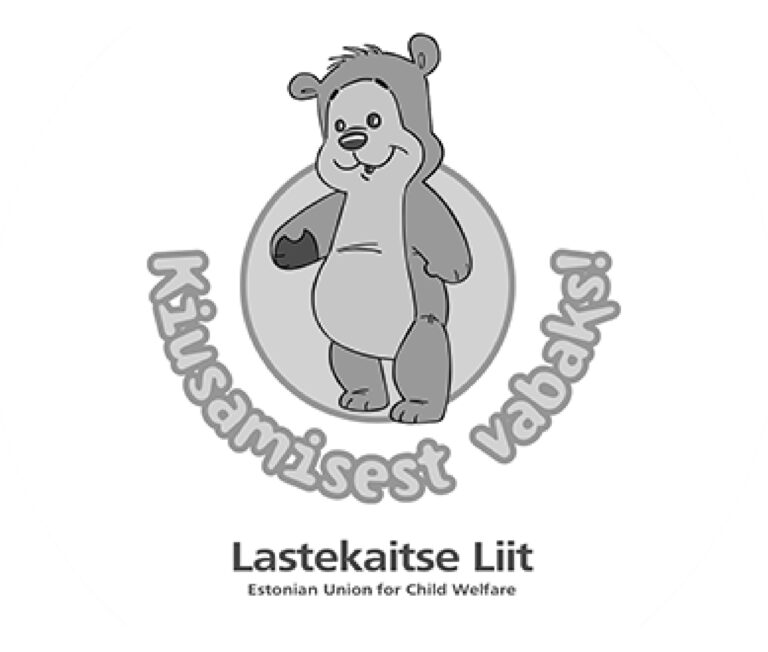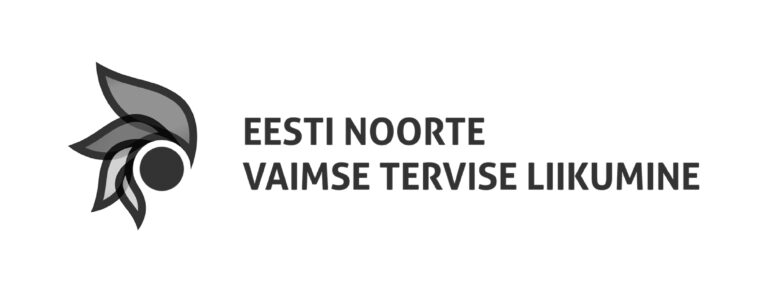There is no single specific symptom that tells you if someone is depressed. For example, your friend having a hard or busy time does not necessarily mean they are depressed. Sometimes we cope very well with hardship, but at other times we need the help and support of friends and loved ones to manage.
When we talk about depression, it is important to know what it means. Depression is a persistent low mood accompanied by a loss of joy in life and decreased energy, resulting in a reduced ability to cope and quality of life.
Here are three signs to help you recognise whether your loved one or friend might be suffering from depression:
- They have been withdrawn or unhappy for a long time. A person being occasionally tired and sad or depressed does not mean they have depression. However, low spirits lasting for weeks is a sign of depression. So, a one-time experience does not indicate depression, but symptoms like sadness, low spirits and feeling hopeless persisting for at least two weeks do.
- Symptoms of depression are expressed in behaviour, thinking and feelings, but also in physical reactions. This may cause a depressed person to feel like everything around them is pointless and hopeless, but they may also feel irritated and very anxious at the same time. There is no uniform feeling that all depressed people must feel or by which to describe depression.
- Sudden problems at school may also indicate depression, be it learning difficulties or poor grades, but computer and internet addiction, the desire to run away from home and substance abuse may also be red flags.
There is a questionnaire to help people assess whether they are depressed or not. You can fill it in here (in estonian or russian).
It is important to keep in mind that, like with any other illness, depression needs to be addressed and treated, and you need to take care of yourself.
Remember that your friend does not have to be alone with their worries! Encourage your friend or loved one to talk about their issues with someone who can help (eg a parent). If they want to, they can turn to their family physician or counsellors of peaasi.ee.
Contacts for emergency help and advice:
- Emotional support hotline: 6558 088 (Estonian), 655 5688 (Russian) (every day from 19:00 to 07:00)
- Psychological crisis helpline: 6314300 (weekdays from 9:00 to 20:00)
- Confidential helpline: 126 (Estonian), 127 (Russian) (every day from 19:00 to 23:00)
- Child helpline: 116111 (24 h)
If you suspect that your life or health is in danger or if you have suffered violence, call 112. If necessary, you will be referred to whoever is best suited to help you with the situation at hand.
The article was written based on peaasi.ee.



